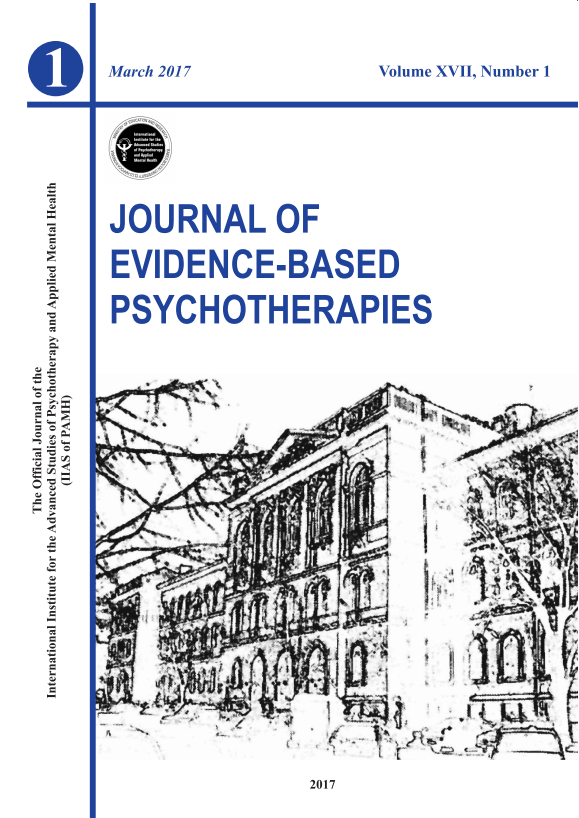Oana David1, M. Hakan Türkçapar2, Kadir Özdel2
(Co-Editors of the Special Issue)
1 Babes-Bolyai University
2 University of Ankara
Journal of Evidence-Based Psychotherapies (JEBP) is publishing in conjunction with the European Association for Behavioural and Cognitive Therapies (EABCT) the Special Issue dedicated to the main theme of EABCT’s 2023 Annual Congress in Ankara – CBT in a Changing World: Migration and Cultural Diversity. Authors of keynotes, symposium contributions, open papers and posters accepted for presentation at the conference and focused on investigating innovative CBT approaches and techniques were invited to submit to this Special Issue. Thus, our purpose for this special issue is to bring into the spotlight new developments in the field of CBT that can be effective in approaching current global concerns in terms of mental health.
Each of the eight articles included in this special issue stands solidly on its own merits in terms of their contribution to presenting therapeutic advances that can address mental health concerns in relation to current global challenges. We have made an effort to impose a logical flow in their ordering, motivated by an interest in emphasizing some of the methodological similarities and topics.
The issue begins with the article of Miljković and collaborators which investigates the mental health of migrants in relation to the use of different coping strategies. The following two articles focus on psychotherapeutic interventions that target anxiety symptoms. The second article of Tore explores processes underlying the effectiveness of a prevention program aimed at reducing social anxiety in preadolescents. The third article of Pleumeekers and colleagues maintains the focus on stress and anxiety management by examining the potential of a breath pacer as an adjuvant in cognitive behavioral therapy using a case studies design. The next two papers are systematic reviews of the literature. The fourth article authored by Hohn and Maricuțoiu used a systematic scoping review method to analize help-seeking behaviors in anxiety disorders. The fifth article by Kerimler and colleagues presents results based on a systematic review of prior studies indicating recovery criteria rates of patients with adolescent-onset anorexia nervosa. The sixth paper written by Kamburitis examines the relationship between alexithymia, emotion regulation strategies, and subjective well-being in schizophrenic patients. The seventh article authored by Tabur and colleagues explores personality disorders, mental health and their relationships with preoperational thinking in diagnosed patients and normal population. The eight article authored by Tomoiagă and colleagues presents results exploring the usability of the MoodWheel app which is based on the ecological momentary assessment method for mood evaluation.
We consider, that taken together, the papers selected for this Special Issue are able to illustrate important developments of CBT, in terms of intervention techniques, models, technologies and applications.
